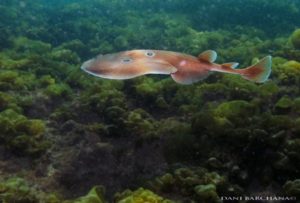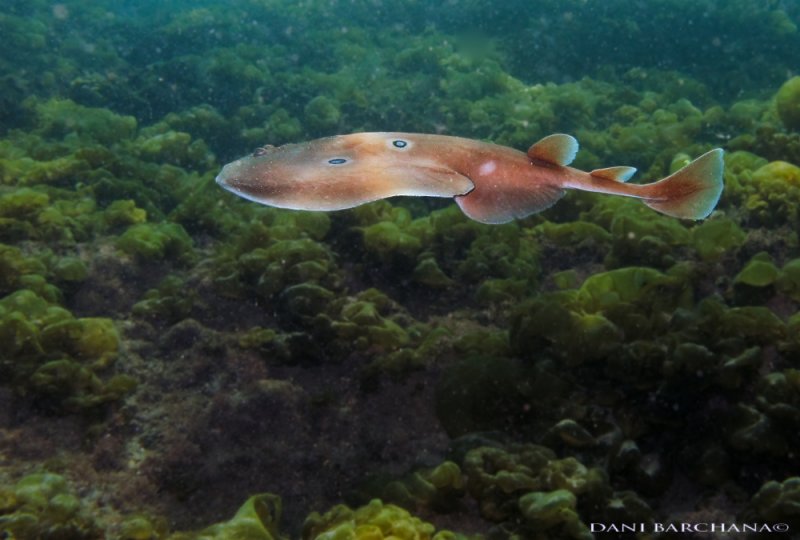 Reflection: “Facing the Torpedo Fish: Becoming a Philosopher of One’s Own Education” by Ann Diller
Reflection: “Facing the Torpedo Fish: Becoming a Philosopher of One’s Own Education” by Ann Diller
“The more I learn, the more I realize how much I don’t know.” – Albert Einstein
A familiar concept: living in the tension of not knowing – a mediated space of searching and discomfort. The numbing sting of the torpedo fish or Applebaum’s “stop” remind us of the gift of pain in the search for truth. Lynn Fels in “Collecting Data Through Performative Inquiry” describes “a tug on the sleeve” as a moment of realization when a student steps out of the script and helps us to reimagine what we thought we already knew. These moments, when we question our own understandings, where we revisit and reframe previous ideas; these moments are a watershed for new learning. It takes humility and movement to grab on to these opportunities as they propel us forward to places of renewed understanding.
Within this posture we bump against others and share stories of experience and construct new meanings collaboratively. Together we visit “new educational streets” and analyze evidence from different perspectives (Core Competency of Critical Thinking). And as Diller suggests, it sometimes takes a caring mentor to help point to a third option or angle of thinking (p.5). Or as in my mirror metaphor, we join together in mutual willingness to “attempt to walk and live on the rackety bridge between self and other.”(Dillar, p.9).
Donald A. Schon in “Educating the Reflective Practitioner” describes elements of surprise that appear during opportunities of learning (p. 26). Like the sting of the fish, these surprises cause us to stop-and-think (Hannah Arendt). Our thinking serves to reshape what are are doing as we “reflect-in-action”: action that leads to new angles of vision and expanded investigations into unexplored territory (Diller, p.8).
If “young children can be taught to shift perspectives back and forth between engagement in learning activities and observation about their experiences” (Diller, p.3), then this is where my focus should be: Learning to identify and capture that uncomfortable moment, teaching and modelling how to approach this discomfort with a posture of humility and wonder, practicing questioning techniques and finally create a learning environment that recognizes that this “sting” can become a transformative moment for growth and newness. “Seeing the confusion for what it is…We can love it, enjoy it, serve it.”
Christopher Nelson in his article “The Sting of the Torpedo Fish: On Socrates” writes:
“Socrates has shown us, the readers (and Meno, if he were listening), that understanding our own ignorance is necessary for learning to take place–especially understanding our ignorance of the everyday common things we thought we knew well. When we can look at the familiar and suddenly realize that we really don’t understand it, when we can look at what we always thought we knew, and ask “what is this thing?” then we are ready to learn and well along the path to better understanding. In that state we are truly torpid, just as the slave boy was, and we bring a sense of “wonder” to our search. This wonder comes not from something we understand, but rather from our desire to understand—what we sometimes call a love of learning, born not in understanding but in ignorance.” (p.4)
